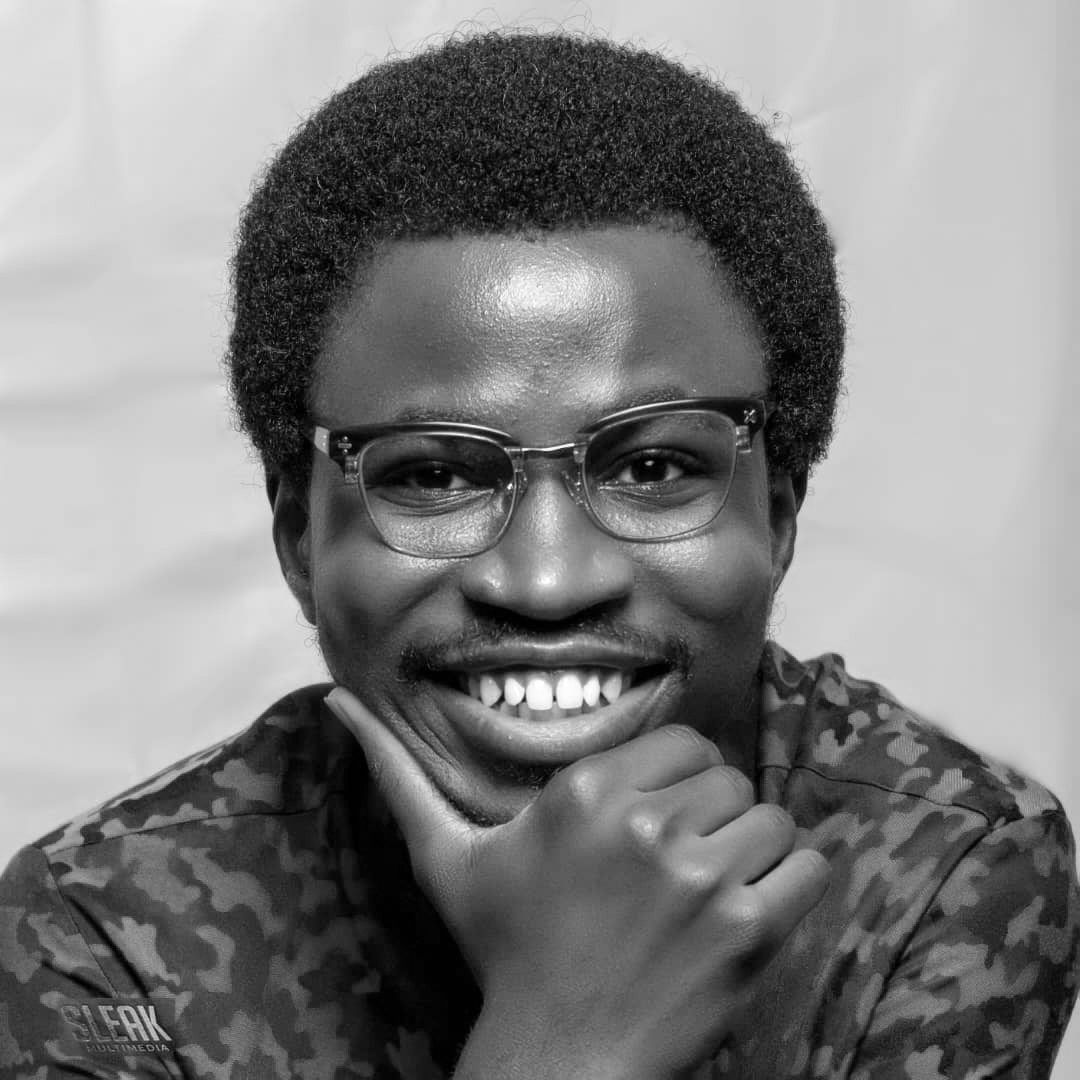WHERE I WORK: I currently work with IJM (International Justice Mission) in Ghana. I have been a volunteer with the organization since 2016 and started working there as a full-time staff in 2018.
Here is why I am passionate about the work I do with IJM. I grew up in a town called Sogakope, located by the Volta Lake (the world’s largest man-made lake). The Volta Lake is beautiful and large, but the trafficking that takes place on it is conversely horrible and wide. Children as young as 5 years are trafficked to work for long hours, fishing on boats and untangling nets. Majority of them are denied education and eat a “proteinless” meal once a day. When they get sick, they are forced to carry on with work with the hope that they would just recover somehow. When they die (out of the dangers of the waters or from an ailment that wasn’t attended to), they are either left in the waters to perish or buried and forgotten.
The situation is grim and horrifying. But there is hope. IJM works with Ghana’s Police and Department of Social Welfare to rescue trafficked children, bring them to shelter homes where they are cared for and given an education, while reconnecting them to their families. My role is to provide the team with technology support - both in the office and on the field. Getting to use technology in such a unique way has been fulfilling.
CAUSES I AM PASSIONATE ABOUT (ORGANIZATIONS I VOLUNTEER FOR): Practical Education Network is on a mission to make hands-on STEM education accessible to every African child. I believe in that vision and commit some of my time to support them with their fundraising efforts. If you are interested in learning more to consider giving, visit this page.
The Carpentries teaches foundational coding and data science skills to researchers worldwide. I enjoy helping in the workshops to teach R, Git and OpenRefine. If you ever want to join a workshop, check the upcoming workshops list here.
SOME BOOKS I FIND INTERESTING: AI Superpowers: Wondering what the future holds for Artificial Intelligence? Take a look at Kai-Fu Lee’s perspectives of the US and China on that future. What makes him unique is his experience working in both countries in top technical and executive roles.
What’s The Future: Tim O'Reilly brings it in again - gives interesting perspectives on the future of work and technology. What does the rise of technology mean for the role of human labor in the workplace? Certainly a great read!
Kuenyehia On Entrepreneurship: Being Ghanaian and knowing there has always been a lack of case studies about Ghanaian businesses, this book was such a breath of fresh air when it was launched in 2012. It is a collection of case studies of Ghanaian entrepreneurs that throws light on entrepreneurship in the Ghanaian context.
Outliers: Malcolm Gladwell communicates complexity using close to simple language in this thought provoking book. He digs into remarkable lives and traces the factors that contribute to success. Honestly, this book has been a great inspiration for me pursuing the kind of research I conduct - finding out how innovators succeed in resource constrained environments.
The Smartest Kids in the World: I love it when journalists use their skill sets to contribute to research in areas that though have been researched well, still need some fresh perspectives. Amanda Ripley contributes excellently to understanding global education in this book. She compares and contrasts the American system of education with a few other countries. This is definitely a good read for anyone who is just curious about educational systems. Please note that this book doesn’t address higher education but focuses mainly on primary and secondary level education.
Antifragile: Possibly the most verbose book I have read, but interesting in every way. Nassim Nicholas Taleb has a unique style of writing - communicating complex ideas with complex sentence structures and word choices. The concept of anti-fragility has definitely been an eye-opener for me.
Voices of The Poor: Personally, I think everyone who works in international development should at some point read this. Conducted by the WorldBank, this 3 volume book is a study of the lives of people living in poverty from 60 countries. Draws every development worker into the plights of the poor from different parts of the world. The Locust Effect: Gary Haugen (founder of International Justice Mission) and Victor Boutros provide a compelling argument for why ending poverty in the world would require an end to violence. Interestingly, some of the insights into this came from the Voices of the Poor studies.
